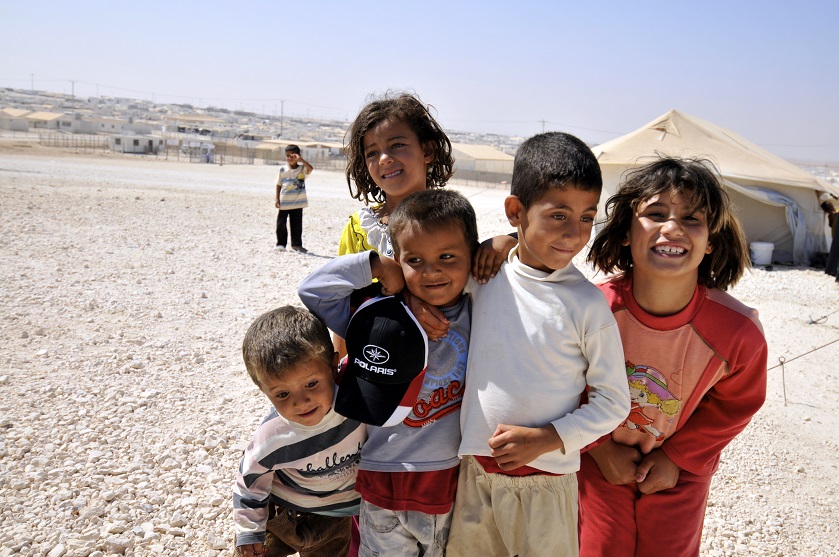Sharing the Courage, Contributions and Resilience of Refugees
The Canadian Council of Refugees (CCR) held its fall consultations in Hamilton, Ontario this year from November 26-28, where hundreds of participants, including Canadian immigration lawyer Ms. Arghavan Gerami of Gerami Law PC, engaged and discussed critical refugee related issues. The three day Consultations covered a range of topics covering the global refugee crisis, the need for accountability and oversight of the Canadian Border Services Agency (CBSA), access to mental health services for refugees, issues for newcomer youth, court challenges in immigration and citizenship law and strategies for the future. The participants attended from across Canada, and from different sectors (such as private sponsors, settlement agencies and inland claimant organizations) and brought to the table their experiences, expertise and commitment to help refugees in their successful settlement and integration in the Canadian society.
There was an excellent workshop which focused on the development of recommendations for an independent, external accountability mechanism for the CBSA. Participants considered the CCR’s Proposed Model and heard from Laura Track of the British Columbia Civil Liberties Association on a Project the organization is developing related to this area.
Another workshop focused on access to mental health care for newcomers and examined the complexities in navigating access to those resources. Input from the participants on approaches and barriers as well as access to mental health care for refugees in Canada was encouraged. At the present time, newcomer service providers across Canada are negotiating access to mental health services for their clients according to immigration status and availability of care, which seems to vary significantly by region.
The session with the Immigration and Refugee Board (IRB) Chari, Mario Dion and other senior IRB officials touched on the recent policy of expediting the claims by Syrian refugees, which has been designated based on a high pattern of acceptance (96%). Once designated, the individual’s claim will be decided and refugee status granted without a hearing, where there is no intervention by the Minister and no security related concerns. Some of the other issues discussed and questions answered included an update on the number of appeals being heard by the Refugee Appeal Division (21% successful appeals; 13% no jurisdiction cases; 11% abandoned; 55% unsuccessful appeals) and the serious access to justice and procedural fairness issues that has arisen from the closing down of the IRB offices in Ottawa, the nation’s capital, forcing all refugee claimants to travel to Montreal for their refugee hearings.
The workshops were extremely informative and well prepared, and the organizers of the conference deserve much thanks and congratulations for their excellent work and extensive preparations to ensure the success of these Consultations.
Share this article
Arghavan Gerami
Arghavan Gerami is the Founder and Senior Counsel at Gerami Law Professional Corporation ('PC'), a full-service immigration law firm in Ottawa, Ontario. Since 2011, Ms. Gerami has focused her practice on immigration and refugee litigation. Prior to that, Ms. Gerami worked at the Ministry of Attorney General and the Department of Justice and had the privilege of serving the Honourable Mr. Justice M. Evans at the Federal Court of Appeal on immigration and administrative law appeals. Ms. Gerami contributes to the Immigration Law Section of the Canadian Bar Association, the Canadian Association of Refugee Lawyers, and the United Nations High Commissioner for Refugees. Ms. Gerami has also published numerous journal articles and presented at various immigration and refugee law conferences and events across Canada.

